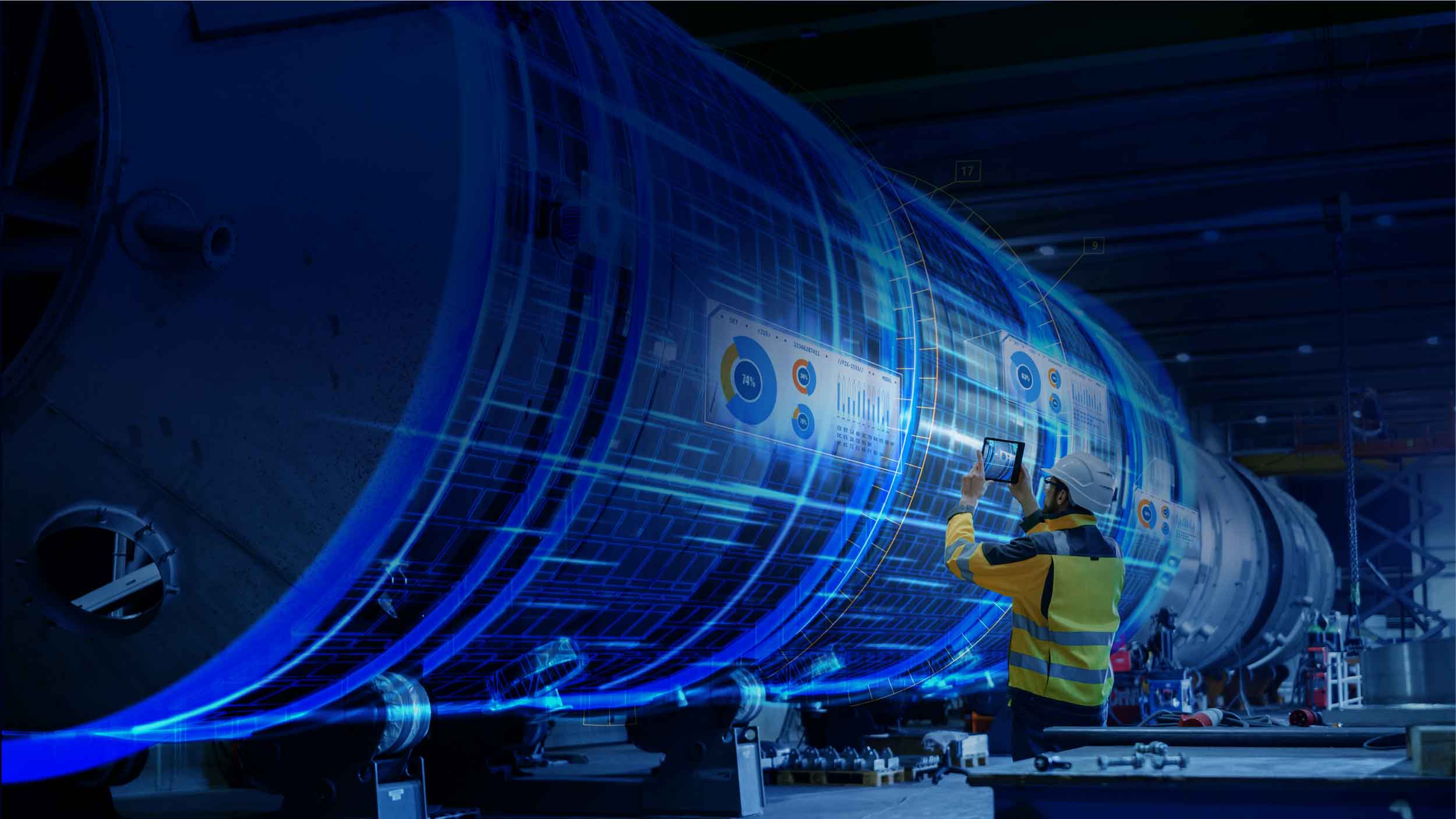
ERP (Enterprise Resource Planning) is a sophisticated software suite that encompasses all the aspects of running a manufacturing company. ERP enables those running manufacturing facilities to coordinate and plan across their enterprise. A complete ERP system would include such areas as forecasting, marketing, CRM, sales order management, engineering, material and capacity planning, supply chain, finance and accounting, quality control, management of plant assets, post-sale service and repair, and everything else that goes into making things - all on one platform. This creates faster and more accurate coordination across the company, saves time, and avoids having to track down the people who have the information you need. Management gets faster, more complete, and more accurate reporting and can react quickly to changes in the business.
Some of the questions a good ERP can answer for you are:
How do I know what to build or buy?
What does it cost to make my products?
What Purchase Orders are late?
Where are my bottlenecks?
Who should be working on what jobs on the floor?
How do I know what is on back-order?
What is the status of the jobs on the floor?
How do I forecast my future production needs?
and much much, more . . .
For a brief explanation of CloudSuite Industrial ERP,
watch this 2-minute video.
The best ERP Software is the one that meets your specific requirements and the requirements of your industry. For instance, Infor CloudSuite Industrial (also known as SyteLine) is very strong in the Discrete Manufacturing space. What most enterprises need is software that has out of the box functionality as well as a way to customize the software to fit their specific business. Industry-specific software (which is something Infor has spent quite a bit of time developing and refining) will fit most of your needs as is, without costly programming changes. However, it can still be personalized to fit your business for your unique requirements. This is where LogicData comes in. As an implementation partner, we not only help to get your ERP installed and running, our experts can also configure and personalize it to fit your particular needs. We are here to see that you succeed with your ERP system and are set up for future growth as well.
SyteLine runs on a Microsoft SQL Server database and uses Microsoft .Net languages (T-SQL, C#, VB.Net).
Absolutely. The majority of customers currently adopting SyteLine are electing to deploy in a multi-tenant cloud, commonly referred to as Software-as-a-Service (SaaS). For government agencies, we offer a Gov-Cloud secure SaaS environment for an additional charge.
Implementation timelines are dependent on the scope of your implementation:
We focus on what is commonly referred to as the Small-To-Medium-sized-Business Market (SMB), which comprises companies between $10M and $500M in annual revenue.
SyteLine is the core ERP system and would be the software someone would purchase when running the system on-premises. CloudSuite Industrial refers to a SaaS deployment which includes SyteLine as the core ERP system, but also provides an array of additional products as part of the “Suite”. These additional products include:
Because of its deep functionality SyteLine/CloudSuite Industrial is a great fit for several major manufacturing and distribution segments, including:
SyteLine/CloudSuite Industrial fits several styles of manufacturing, including:
SyteLine is built on the Mongoose toolset, and Mongoose is included in your purchase. Mongoose allows you to highly personalize the environment to meet your unique business requirements. This includes:
As with cost, implementation time is also dependent on the same factors mentioned above. LogicData offers multiple implementation methodologies that can be adapted to your specific needs and resource availability. Considering a very basic implementation of just the core functionality of SyteLine, and employing a LogicData managed implementation approach, time to value can be achieved in as little as 3-4 months. A full implementation of all core SyteLine functionality utilizing a standard implementation approach, and assuming full client resource availability, can generally be completed in 6 to 8 months. To determine the best implementation methodology and timeline estimate for your specific situation, please contact us.
The cost of software and implementation will vary based on many factors such as user count, functionality requirements, deployment, implementation methodology, customization, data conversion, integration, and internal resources. However, for a basic configuration of SyteLine annual subscription pricing can begin at approximately $18,000 annually for a minimum of 10 users or a one-time cost of $20,000 plus annual maintenance for a minimum of 5 users in an on-premise deployment. A primarily self-directed implementation of such a basic configuration, although not recommended, can likely be achieved for approximately $30,000. LogicData recommends our standard “train-the-trainer” implementation approach which is estimated to start at roughly $65,000 for a basic implementation. For further information on pricing specific to your needs, please contact us.